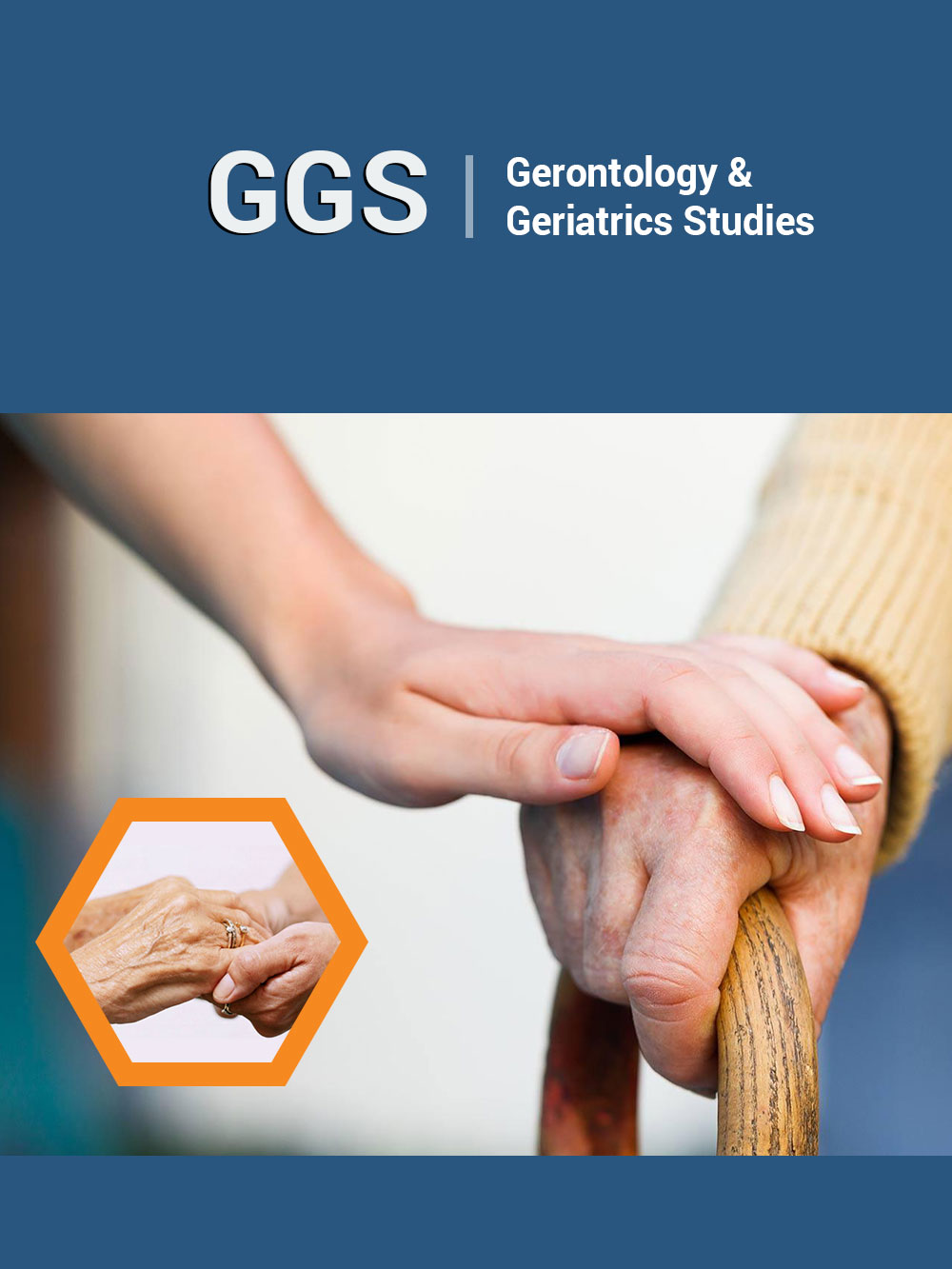- Submissions

Abstract
Gerontology & Geriatrics Studies
Destiny or Free Will Decision? A Life Overview from the Perspective of an Informational Modeling of Consciousness Part II: Attitude and Decision Criteria, Free Will and Destiny
-
Open or CloseFlorin Gaiseanu*
Principal Researcher, Science and Technology of Information, Romania
*Corresponding author:Florin Gaiseanu, Principal Researcher (Professor), Science and Technology of Information, Bucharest, Romania
Submission: October 1, 2018;;Published: October 25, 2018

ISSN 2578-0093Volume4 Issue1
Abstract
As it was shown in the Part I of this work, the driving of our life is determined by series of YES/NO - type elemental decision, which is actually the information unit (Bit), so we operate actually in an informational mode. The informational analysis and modeling of consciousness reveals seven informational systems, reflected at the conscious level by the cognitive informational centers suggestively called Iknow (Ik - memory), Iwant (Iw - decision center), Iove (Il-emotions), Iam (Ia-body status), Icreate (Ic-informational genetic transmitter and educator), Icreated (I-cd genetic generator inherited from the parents) and Ibelieve, (Ib - connection to the informational field of the universe). As the mind can operate in a bipolar mode, we dispose of two alternatives to use our free will: in a positive (YES) or negative (NO) mode. Such modes can be applied as a function of the personal criteria, especially that inhered from the family, which are the fundamental ones, but also from that acquired during the life.
The persistence to operate in a positive or a negative mode is fundamental for the designing of our personal trajectory and therefore for our destiny. The destiny and the role of our free will in deciding the course of our own life are analyzed therefore with respect to our YES/NO attitude, which is an integrated informational output composed by the contribution of all cognition centers, showing that when this is favorable to the life rules, it is avoided its deterioration determined by a permanently negative attitude and thinking mode. It is shown that our intervention should be directed both to the operating mode but also to the decision criteria, when it is ascertained that they do not correspond to the reality, allowing a favorable adaptation. As parents and therefore as forming and educator of the next generation, an activity specific for the center Ic, it is necessary to observe, discover and encourage the talents and predispositions of their Children, to put them on a privileged way of the destiny, because they will benefit of an advanced informational “budget” with respect to their generation and a certain sort of preparation. The comparative analysis between personal operating mode and the reality for adaptation necessities should guide permanently the selected trajectory way, to include new criteria, to change the older, or to reprogramming the operation mode, with the participation of all centers. The stereotype thinking chains triggered by repetitive negative thoughts acts on the informational system as stressing agents, leading to chronic, sometime serious disorders. Such thinking operation forms should be therefore detected and substituted or eliminated without delay, according to some recommended suggestions. Furthermore, it is shown that a specific self-control of the thoughts as positive or negative information and of the lifestyle, helps the health maintenance and the life prolongation under high qualitative conditions.
 a Creative Commons Attribution 4.0 International License. Based on a work at www.crimsonpublishers.com.
Best viewed in
a Creative Commons Attribution 4.0 International License. Based on a work at www.crimsonpublishers.com.
Best viewed in 







.jpg)






























 Editorial Board Registrations
Editorial Board Registrations Submit your Article
Submit your Article Refer a Friend
Refer a Friend Advertise With Us
Advertise With Us
.jpg)






.jpg)














.bmp)
.jpg)
.png)
.jpg)










.jpg)






.png)

.png)



.png)






